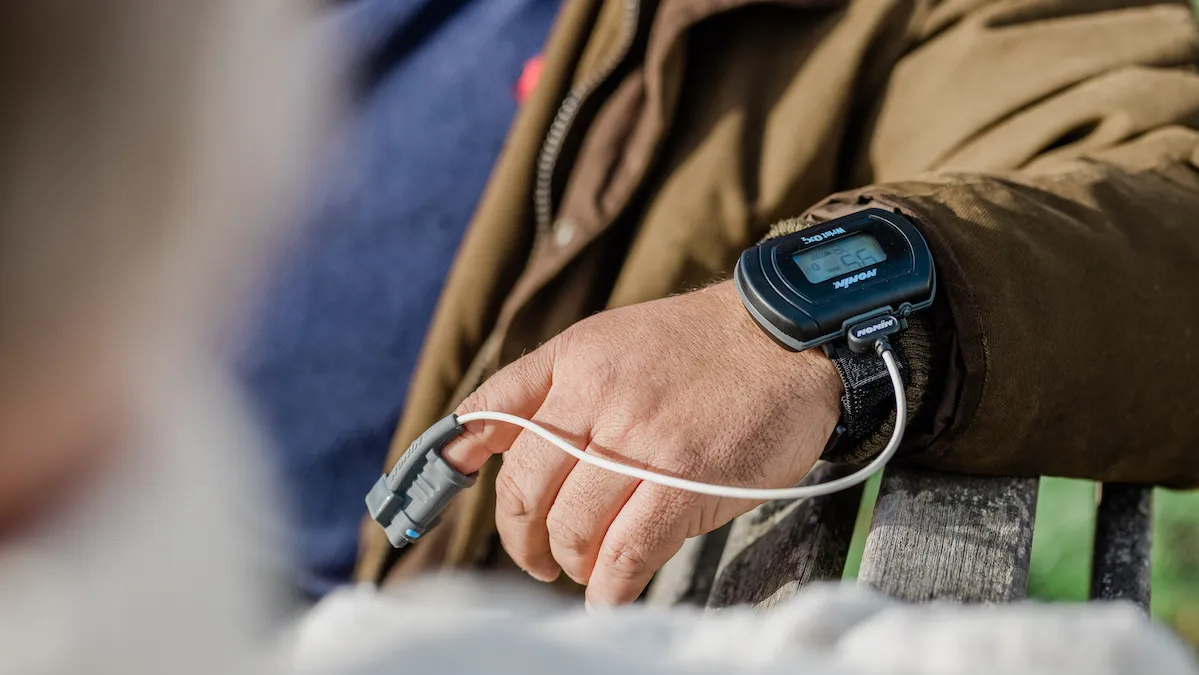Bed shortages are common in hospitals worldwide, and a health crisis or other large-scale disaster can further exacerbate them
Doccla, a startup, is utilizing technology to address the issue. The company is developing “virtual bed” technology to assist doctors in remotely managing patients who have either been discharged early or, in some instances, have never visited the hospital. It has raised £35 million ($46 million) to expand in Europe after garnering traction in the U.K. and Ireland.
Elaia and numerous existing investors are also participating in the Series B round, which Lakestar is leading. The funding was received two years after Doccla secured a $17 million Series A round.
Doccla, which competes with companies such as Huma and Graphnet, will utilize the funding to recruit local teams in new markets. While the startup’s primary objective has been to contract with health services, such as local NHS Trusts in the U.K. and Ireland’s Health Service Executive (HSE), to provide “virtual bed” technology for patients, it also supports virtual clinical trials for pharmaceutical companies.
Additionally, it is planning to establish a data insights business that will encompass all of these initiatives.
Doccla’s initial inception was a result of the Covid-19 pandemic. Healthcare organizations were compelled to adopt virtual bed solutions, such as Doccla’s, to alleviate the resource strain and prevent an increase in patients admitted to hospitals.
However, the startup also pursued more practical growth strategies as life returned to normal. In an interview, Martin Ratz, Doccla’s co-founder, stated that it is inherent in the company’s DNA to prioritize revenue.

Doccla’s service is fundamentally structured around a package of monitoring devices that patients are provided with and a mobile phone that is pre-loaded with the company’s application. These are employed to accumulate data directly transferred to electronic health records.
Doctors use a clinician dashboard to access the data and receive special notifications when diagnostic readings require additional attention. This feature is a compelling selling point for overworked staff, providing patients with peace of mind at home.
Ratz informed TechCrunch that the company has adopted a pragmatic strategy for entering new markets: it typically establishes a new customer in the region before doing so.
“In Germany, we sold first, and then we entered the market with the assistance of a customer. Similarly, we have plans to do so in Austria and France,” he stated in an interview. He said, “Our objective is to replicate our work in the U.K. while acknowledging that the foundations of [newer] markets are significantly different, particularly in reimbursement.”
Doccla’s “hospital at home” technology is currently being implemented in drug research within the pharmaceutical industry. Doccla is reducing or replacing the need for patients to physically attend clinics, typically operated by third-party contract research organizations, to monitor their progress during drug trials. Ratz stated, “We can assist in completing tasks at a faster, more efficient, and more cost-effective pace than traditional CROs.”
The virtual hospital solutions market is becoming increasingly saturated; however, Doccla is confident that its device-agnostic nature will enable it to maintain its position.
Doccla prioritizes accessibility by employing a straightforward interface and large typefaces, even though it necessitates an application. It also provides in-app messaging and video interactions with live clinicians, including those who are staffing your physical clinic and clinicians from Doccla.



